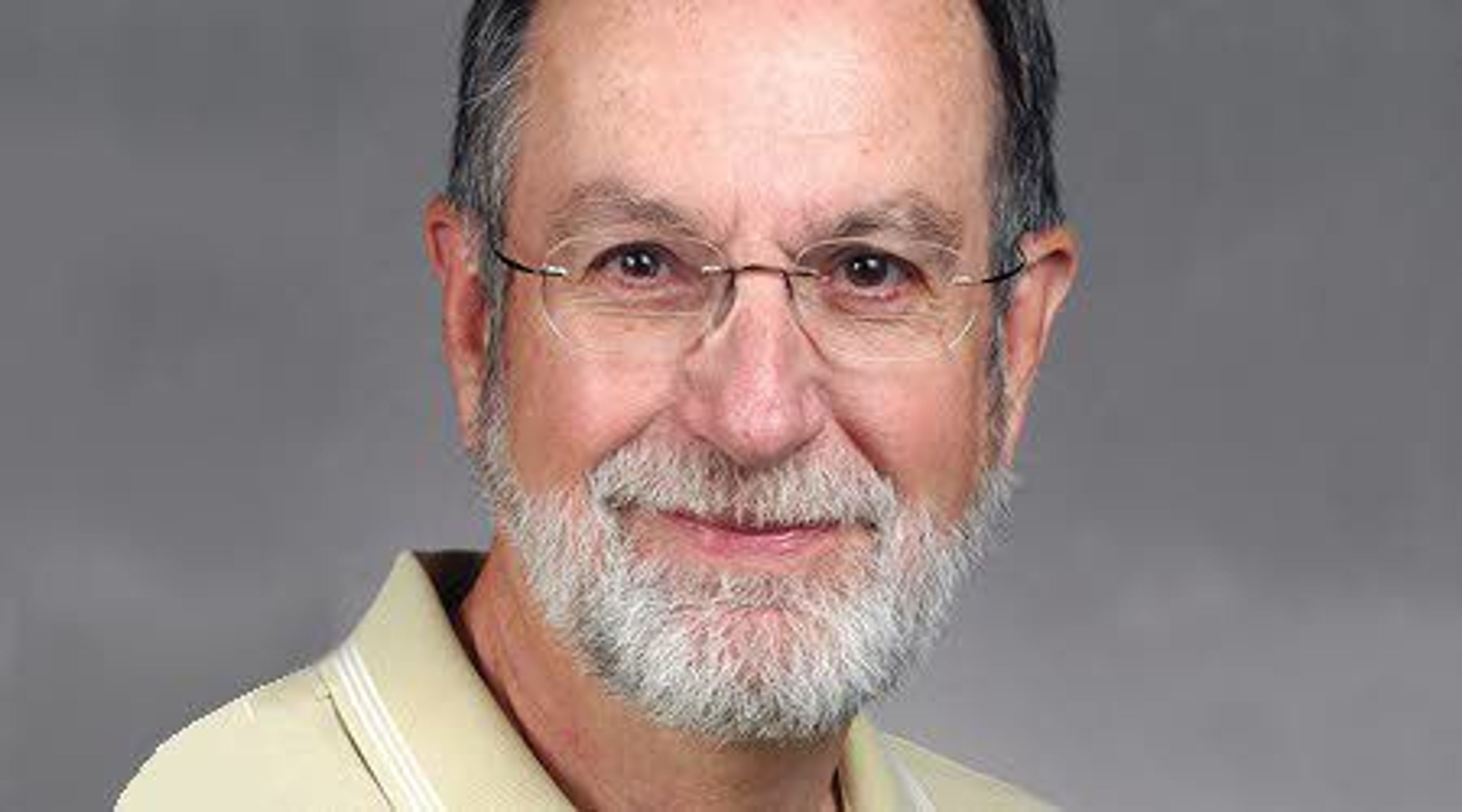I generally don’t like recalls or impeachments of public officials. All too often they are driven by disagreements over policies or performance. Except in rare instances, the voters should be stuck with the officials they elect for their full term of office.
There are rare instances where I believe recalls or impeachments are appropriate to consider. The two that come to mind are malfeasance in office and commission of a felony. In Idaho, virtually all elected officials, except judges, are subject to recall. The law doesn’t specify what kinds of actions can lead to a recall. Elected state officials can also be impeached and both the state constitution and the criminal code outline procedures but don’t provide reasons for impeachment.
Most recalls that I have witnessed in Idaho over the years have been driven by people who simply didn’t agree with the way some elected officials were carrying out their responsibilities. In Grandview, a small city in Owyhee County, there are currently two recall efforts underway. Among other reasons stated are “lack of management skills” and “concerns for the city are misguided.” Those may be reasons to vote against a candidate in an election, but not for launching a recall.
Sadly, we are hearing more and more talk about possible impeachment proceedings against President Donald Trump. Unlike Idaho’s constitution, the U.S. Constitution identifies impeachable offenses. They are “treason, bribery or other high crimes and misdemeanors.”
The last time we faced a presidential impeachment was with President Bill Clinton. In Clinton’s case, the House approved two articles of impeachment. Reviewing them might be useful in determining actions that might justify impeachment.
Article 1 accused the president of committing perjury by misleading a federal grand jury about the nature of his relationship with Monica Lewinsky.
Article 2 accused the president of obstruction of justice by inducing others to lie in order to conceal his affair with Lewinsky.
Idaho’s leading expert on presidential impeachments is our senior U.S. senator, Mike Crapo.
Crapo is a Harvard-trained attorney and was a member of the House of Representatives when it voted on the articles of impeachment. He voted for both.
Then, a month later he became a member of the Senate and participated in the Clinton impeachment trial. As a senator, he voted to convict Clinton.
It is important to understand why Crapo felt it was appropriate to impeach and convict Clinton. That is best explained using his own words from the trial transcript: “Our entire legal system is dependent on our ability to find the truth. That is why perjury and obstruction of justice are crimes.”
Crapo went on by saying: “The offenses are even worse when committed against the poor or powerless by the wealthy and the powerful.”
“Perjury and obstruction of justice are public crimes that strike at the heart of the rule of law — and therefore our freedom — in America,” Crapo stated. “I concluded that these acts do constitute high crimes and misdemeanors under the impeachment provisions of the U.S. Constitution.”
Trump’s legal team has thus far kept him from testifying under oath to any of the matters being investigated by the special counsel. Given his tendency to change his versions of events and deny making previous statements, that is likely a wise move that has kept him from committing perjury.
But former Trump attorney and fixer Michael Cohen’s upcoming congressional testimony could raise issues of obstruction of justice by Trump. If such accusations are made before Congress, it will be interesting to see how Congress responds.
Hopefully, members of both parties will follow the lead of Sen. Crapo in 1999 when he said, “Our entire legal system is dependent on our ability to find the truth.”
Peterson was raised in the Lewiston-Clarkston Valley and now lives in Boise.









